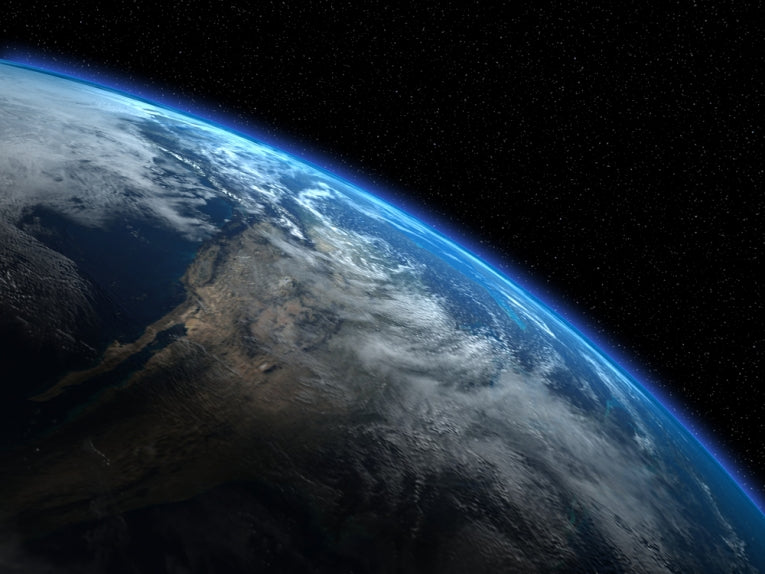Do you remember when you get a first whiff of really fresh air. Perhaps as you emerge on top of a hill, or when you land on an island. The earth itself got that whiff when oxygen was still poisonous to our original anaerobic life. A Great Oxidation Event (GOE) took place around 2.3 billion years ago, but South African rocks reveal that cyanobacteria must have been photosynthesising nearly 3 billion years ago. Today, we still have only have photosynthesis to supply our oxygen, which we then ungratefully breathe or combust away!
From the Universities of Copenhagen and Southern Denmark as well as British Columbia, Sean Crowe and Lasse DÃ ¸ssing, his fellow-researcher, delved deep underground for 1000 metres to discover the oldest soils on the planet. They hoped to shed some light on the early atmosphere and came up trumps.
The chromium isotopes and other metals in the Nsuze paleosol and the African Pongola Supergroup give them all the evidence of redox reactions that push back the timing of early oxygen production and the evolution of photosynthetic organisms. The cyanobacteria seem to be almost the first true form of life, as of course there was little nutrition available, apart from pure chemicals. The sunlight, not chemical energy seems to have provided the main energy source for their pioneering life force.
"These findings imply that it took a very long time for geological and biological processes to conspire and produce the oxygen rich atmosphere we now enjoy," says Lasse DÃ ¸ssing, keeping us in touch with the long time-scale involved here. The concentration of oxygen then can, at best, be thousands of times less than the 20% levels we have now. Aren't you glad you can have that extra whiff? It isn't just for stroke patients!
Sean Crowe, Lasse DÃ ¸ssing and five colleagues published the paper in the journal Nature.










